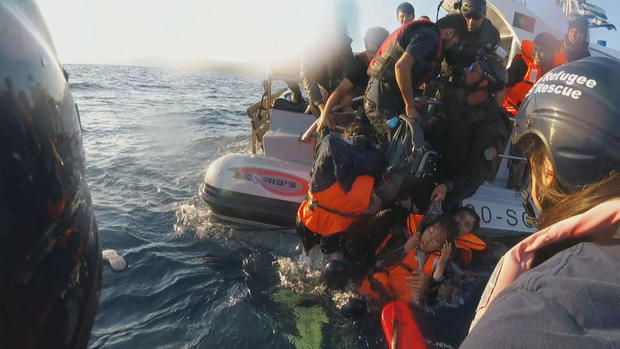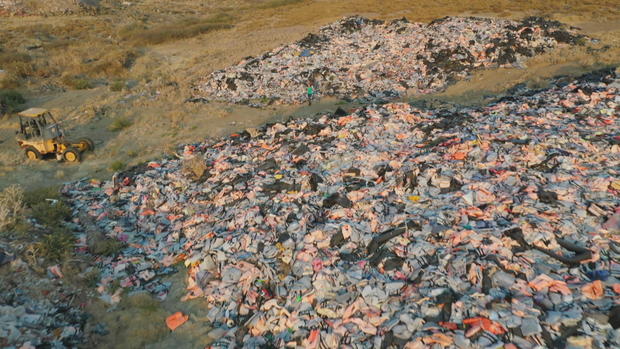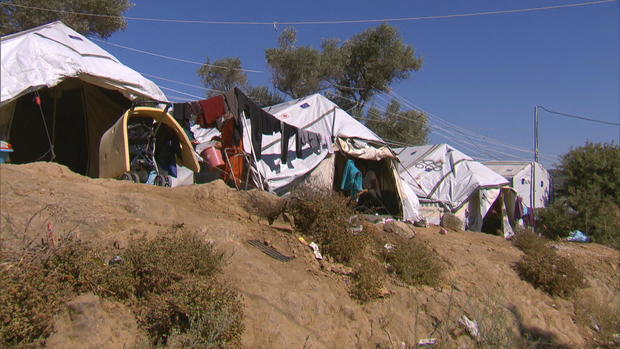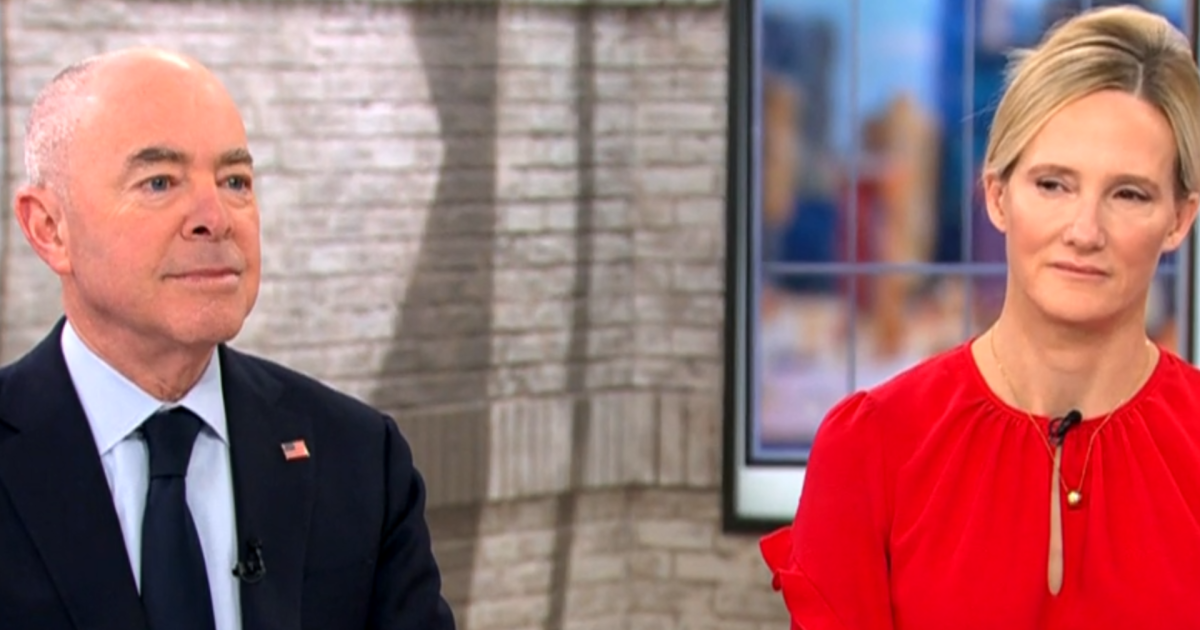16,000 migrants have fled to Greek island this year. There's only one rescue boat left to help.
"CBS This Morning" is continuing a special four-part series of reports called "World of Motion." A team of CBS News correspondents traveled around the world to Japan, Greece, Southern Africa and Scotland to discover how and why people are on the move. In this installment, we examine the long and difficult journey many people make in their search for a better life.
Wars in Syria and Afghanistan are driving refugees through Turkey as they make their way to Greece. Many land on the Greek island of Lesbos, which has become the epicenter for the country's migrant crisis. It's a dangerous journey – but one made slightly easier by Refugee Rescue, the last remaining humanitarian rescue boat in the area.
With a crackdown on migrants in Turkey and tough immigration policies elsewhere in Europe, the number of people fleeing to Lesbos by sea has soared to more than 16,000 this year, according to the U.N. That's the biggest influx since 2016.
As the only NGO left in Lesbos with a rescue boat, the group is working overtime, all the time.
"We are tired, we are tired," said Giannis Skenderoglou, a crew coordinator for the group. "But that, that's our job."
"CBS This Morning" watched as the group helped bring dozens of Afghan migrants to shore. Those migrants included Zahra and her 18-year-old son Mojtaba.
"We had a lot of trouble," Zahra said. "Our dinghy was overcrowded and the motor stopped working."
Many of the migrants had never seen open water before, and didn't know how to swim, one Refugee Rescue member said. The dinghy they arrived on had water seeping into the back, and appeared to be deflated. At least some of the life jackets the migrants brought with them were fake.
When asked if he thought the group was actually encouraging more migrants to come, because they know they'll be rescued, rescuer Roman Kutzowitz said that "people did not start crossing because we were here … People are desperate and they seek safety."
Zahra knows she's lucky. When CBS News met her again at a U.N. transit camp, we saw busloads of Syrians, Yemenis, and Afghans stop for food and medical care.
"We're very grateful for [the rescuers]," she said. "Without them, we don't know where we would have ended up."
Piles of tens of thousands of life jackets, called "the mountain of misery," show how many people have made the dangerous journey across the sea.
The misery follows many migrants even after they've made it ashore. Camp Moria, for example, was built for 3,000 people – but it's currently bursting with 13,000. Crammed into tattered tents, with no electricity and no school, they wait.
"Many, many months," one refugee said. "No solution."
"What about those skeptics who say we don't have enough space for more migrants?" CBS News correspondent Roxana Saberi asked the U.N.'s Philippe Leclerc.
"For refugees, people fleeing war, persecution, you have no choice," Leclerc said. "It's the basic human value."
One Afghan man said that he made the treacherous journey across the sea so that his children could have a future. With tears in his eyes, he said he can't believe he made it to Europe alive.
When asked how the rescuers feel when they help the migrants, one said: "Both relief and frustration. Because it's gonna be a long journey."
Refugees still living in camps on Lesbos hope their asylum requests are approved before winter sets in. In the meantime, people keep arriving on the shores.






